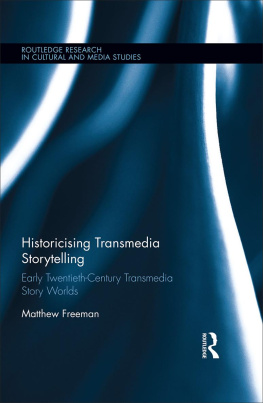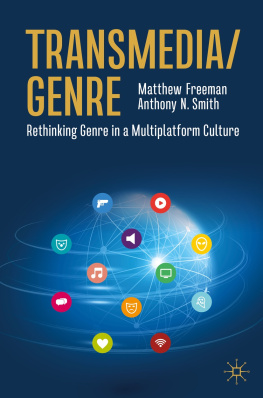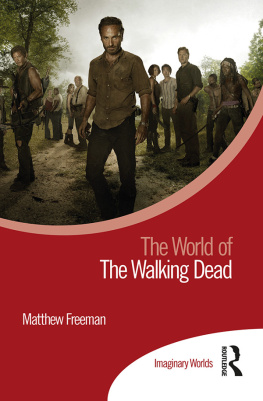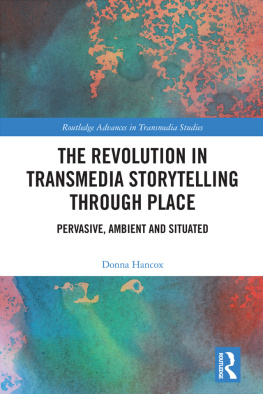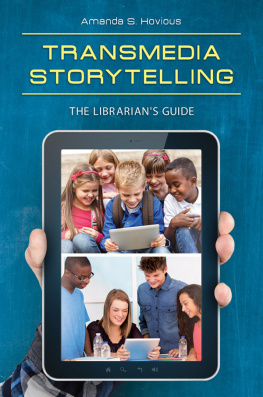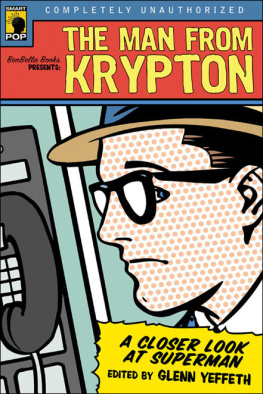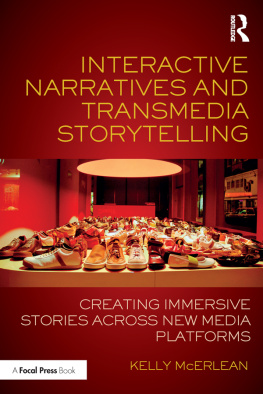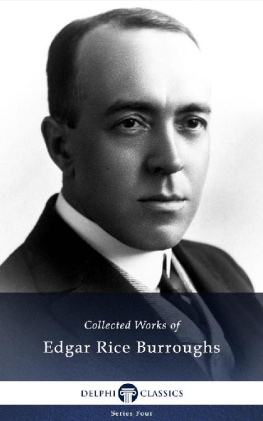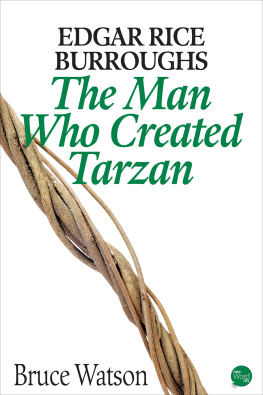Historicising Transmedia Storytelling
This book is an important contribution to the study of transmedia storytelling. With the aim to historicise transmedia storytelling, it offers an original point of view on the topic. In these pages transmedia practices become key to re-reading in an innovative way the history of twentieth century popular culture.
Paolo Bertetti, University of Siena, Italy
Tracing the industrial emergence of transmedia storytellingtypically branded a product of the contemporary digital media landscapethis book provides a historicised intervention into understandings of how fictional stories flow across multiple media forms. Through studies of the story worlds constructed for The Wizard of Oz, Tarzan and Superman, the book reveals how new developments in advertising, licensing and governmental policy across the twentieth century enabled historical systems of transmedia storytelling to emerge, thereby providing a valuable contribution to the growing field of transmedia studies as well as to understandings of media convergence, popular culture and historical media industries.
Matthew Freeman is Senior Lecturer in Media and Communication at Bath Spa University, UK, and Director of its Media Convergence Research Centre. He is the author of Industrial Approaches to Media (2016), and the co-author of Transmedia Archaeology (2014).
Routledge Research in Cultural and Media Studies
For a full list of titles in this series, please visit www.routledge.com.
90 Technologies of Consumer Labor
A History of Self-Service
Michael Palm
91 Performing Ethnicity, Performing Gender
Transcultural Perspectives
Edited by Bettina Hofmann and Monika Mueller
92 Materiality and Popular Culture
The Popular Life of Things
Edited by Anna Malinowska and Karolina Lebek
93 Girlhood, Schools, and Media
Popular Discourses of the Achieving Girl
Michele Paule
94 The Creative Underground
Arts, Politics and Everyday Life
Paul Clements
95 Subjectivity across Media
Interdisciplinary and Transmedial Perspectives
Edited by Maike Sarah Reinerth and Jan-Nol Thon
96 The Rise of Transtexts
Challenges and Opportunities
Edited by Benjamin W.L. Derhy Kurtz and Mlanie Bourdaa
97 Explorations in Critical Studies of Advertising
Edited by James F. Hamilton, Robert Bodle, and Ezequiel Korin
98 Popular Culture and the Austerity Myth
Hard Times Today
Edited by Pete Bennett and Julian McDougall
99 Historicising Transmedia Storytelling
Early Twentieth-Century Transmedia Story Worlds
Matthew Freeman
First published 2017
by Routledge
711 Third Avenue, New York, NY 10017
and by Routledge
2 Park Square, Milton Park, Abingdon, Oxon OX14 4RN
Routledge is an imprint of the Taylor & Francis Group, an informa business
2017 Taylor & Francis
The right of Matthew Freeman to be identified as author of this work has been asserted by him in accordance with sections 77 and 78 of the Copyright, Designs and Patents Act 1988.
All rights reserved. No part of this book may be reprinted or reproduced or utilised in any form or by any electronic, mechanical, or other means, now known or hereafter invented, including photocopying and recording, or in any information storage or retrieval system, without permission in writing from the publishers.
Trademark notice: Product or corporate names may be trademarks or registered trademarks, and are used only for identification and explanation without intent to infringe.
Library of Congress Cataloging-in-Publication Data
CIP data has been applied for.
ISBN: 978-1-138-21769-0 (hbk)
ISBN: 978-1-315-43952-5 (ebk)
Typeset in Sabon
by codeMantra
For Carley
When I was younger I was never particularly keen on studying history. Things change, I suppose, although not entirely. The work of this book is not really one of history. As I like to tell those who will listen, this book is about historicisation taking the phenomena of the present moment and reimagining them through the lens of a bygone past. There is something genuinely exciting about digging into the past, not just to examine that past per se, but also to better understand the workings of the present. That, in fact, is what I am doing here.
And if this book represents the workings of my own present, then this too has a history, one filled with people without whom this work would not have been possible. People are central to this book. I mean that both in the sense that history has a funny way of revolving around the actions of individuals even as events rely on other factors relating to bigger incidents. But people are central to this book in another way, too, and here I mean in terms of the people whose lives I have crossed paths with over the past five years. Simply, I am indebted to a whole network of individuals, and I would like to briefly acknowledge those individuals here.
For the sake of time I cannot possibly list all of these people, but I must highlight the select few whose influence and contribution have been invaluable. First, I start by acknowledging Paul Grainge at the University of Nottingham. When I applied to do my PhD (from which this book derives) at Nottingham, Paul was my first point of contact, and his kind, generous and encouraging emails were more invaluable and are far more appreciated than he knows. Also at the University of Nottingham I thank Elizabeth Evans for her positive support of the project, and I wholeheartedly thank Roberta Pearson and Paul McDonald, who co-supervised the PhD on which this book is based. Their generous support, guidance, ideas, discussions and even gentle telling-offs once in a while are the bedrock of this research; I thank you both.
Special thanks must also go to Henry Jenkins for his constant support and enthusiasm for my work. I first met Henry whose seminal work into transmedia storytelling inspired this entire book in 2012, and since that time he has quietly watched and guided the development of this project, offering generous support and ideas in my PhD Viva as well as in numerous email exchanges before and since. My thanks, also, to Peter Hanff for taking the time to answer so many questions about all things Wizard of Oz with such precision and enthusiasm, to the many reviewers who all provided useful comments about my work during peer-review processes and equally to the countless faces who gave invaluable tips at various conferences.
Some of the ideas in this book benefitted from being published in other forms in journals whose editors also deserve my thanks. Portions of built upon ideas iterated in much earlier forms as Up, Up and Across: Superman, the Second World War and the Historical Development of Transmedia Storytelling in Historical Journal of Film, Radio and Television 35:2 (2015). I therefore thank editors Arlene Luck and James Chapman respectively for their time, efforts and thoughtful suggestions. I must also thank Carlos A. Scolari for helping me publish and write my first co-authored book, and equally Rebecca Feasey at Bath Spa University, mainly for her support and continued friendship.
The final people who deserve thanks are my family. As ever, I am forever grateful to my Dad, David Freeman, whose generosity and friendship is unwavering. And a special mention goes to my Mum, Susan Freeman, who sadly passed away in 2012. She is sorely missed.

